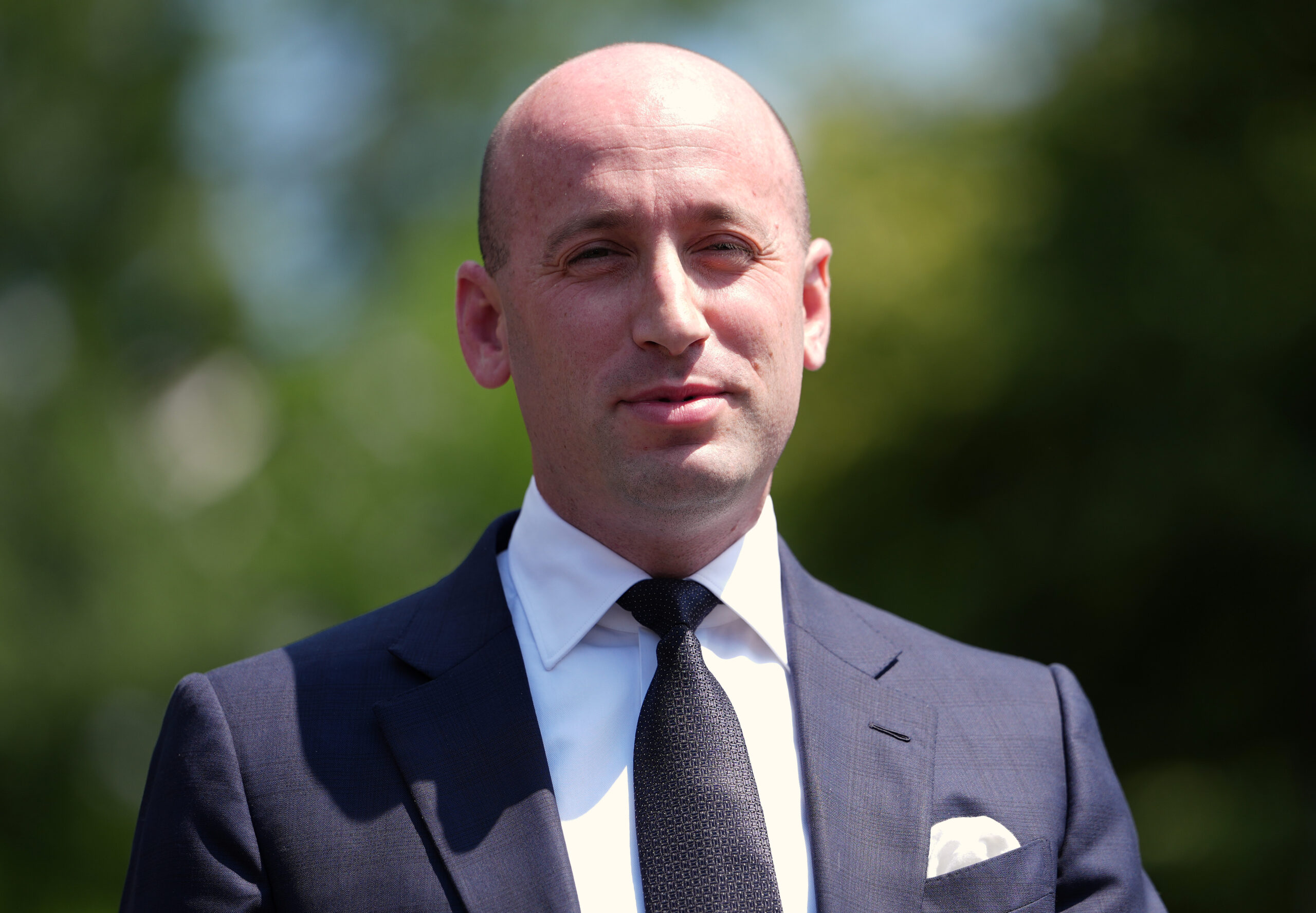Press Release
Editorial Memorandum: After Tuesday
Contact: Mary Boyle, Common Cause, (202) 736-5770
Adam Smith, Public Campaign, (202) 640-5593
Editorial Memorandum: After Tuesday – How about reform that puts voters back in charge?
It’s hard to think of two states more politically, culturally and socially disparate than Massachusetts and Utah – one Catholic, liberal and urban, the other Mormon, conservative and rural.
But in the wake of this year’s primaries and special elections, it’s clear that Bay Staters and Utahans have plenty in common, not only with each other but with Pennsylvanians, West Virginians and Kentuckians, among others. The angry, frustrated electorate that in January replaced the late Senator Ted Kennedy (D-MA) with Scott Brown (R-MA) has now dumped well-established lawmakers like Sens. Bob Bennett (R-UT) and Arlen Specter (D-PA) and Rep. Alan Mollohan (D-WV), and rejected the hand-picked candidate – Trey Grayson (R-KY) – of Senate GOP Leader Mitch McConnell.
From Arizona, where Sen. John McCain (R) is under assault from the right, to Arkansas, where Sen. Blanche Lincoln (D) is fighting on her left flank, incumbents are looking in the mirror and wondering, “Am I next?”
Odds are the answer is “yes.” A survey published this week by the Pew Research Center for the People and the Press found 82 percent of Americans rate Congress’ performance as “only fair” or “poor,” and 56 percent have “not much confidence” or “no confidence at all” that Washington will make much progress over the next year on the most important issues facing the country. That followed a poll commissioned in February by Common Cause, Change Congress and the Public Campaign Action Fund in which 79 percent of respondents said they now believe that members of Congress are “controlled by” the groups and people who finance their political campaigns.
The US Supreme Court’s recent decision in Citizens United v FEC, which lifted common sense restrictions on corporate and union spending around elections, only makes a bad situation worse. Voters are likely to see a huge infusion of corporate money in the upcoming mid-term elections.
Luckily, Congress has an opportunity to fix our broken political system, and start proving to voters that they are willing to make the big changes voters are demanding. Congress is now considering a narrow fix called the DISCLOSE Act, which would shed more light on corporate and union money in elections. But it doesn’t nearly go far enough in changing the way Washington works
The Fair Elections Now Act, pending in both the House and Senate (HR 1826, S 752), would end the era of divided loyalties in Washington by replacing today’s dominance of pay-to-play special interests with a system that puts voters in the driver’s seat when it comes to funding elections. Participating candidates would turn down large contributions in exchange for a blend of small donations and limited ‘Fair Elections” funds. The end result? A Congress that is accountable to the voters, not the wealthy special interests that now have huge influence over our national agenda.
Here’s how Fair Elections would work:
‘ Candidates who opted into the system would swear off large contributions and PAC money, agreeing to accept only individual contributions of up to $100 per donor.
‘ For every $1 raised in-state from those small donors, candidates would earn $4 from a “Fair Elections” fund built from fees paid by major government contractors.
‘ The combination of individual donations and public funds would provide candidates with enough money to cover the costs of a serious campaign and get their message out to the voters. And because the public money would be generated by the contractor fee, there would be no addition to the federal deficit.
Similar campaign finance systems have been implemented in at least seven states. They’ve proven popular with voters and elected officials from across the political spectrum.
The Fair Elections bills now pending in Congress are co-sponsored by more than 150 House members and 18 senators. Common Cause, Public Campaign and many other groups supporting the legislation are pressing those lawmakers and the Democratic leadership to bring it to a vote, perhaps as soon as this month.
Even before Tuesday’s elections, there was ample evidence the public is eager for the kind of change the bills would bring, and that the Fair Elections bill was good policy and good politics. Polls commissioned in March by Common Cause, MoveOn.org Political Action, and Public Campaign Action found strong support for the Fair Elections idea in 19 battleground congressional districts, from California and New Mexico to Maryland and Virginia. The polls also found that elected officials casting votes for Fair Elections would reap political benefits on Election Day.
As Celinda Lake, Drew Westen, and Mark Mickinnon, a bipartisan team of strategists for the Campaign to Fair Elections, just wrote, “Voters are angry at what they perceive as an out-of-touch Congress, and candidates who run without a populist, pro-fix Washington platform that focuses on the needs of working and middle class Americans are in deep trouble.”
Congress ought to seize this moment to pass Fair Elections and demonstrate that they have heard the concerns of voters loud and clear. We encourage you, as you consider writing about the frustrated electorate, the lack of real progress in Washington on critical issues and Congressional response to the Citizens United decision, to support Fair Elections as a bill that would bring major change to the financing of America’s elections.
